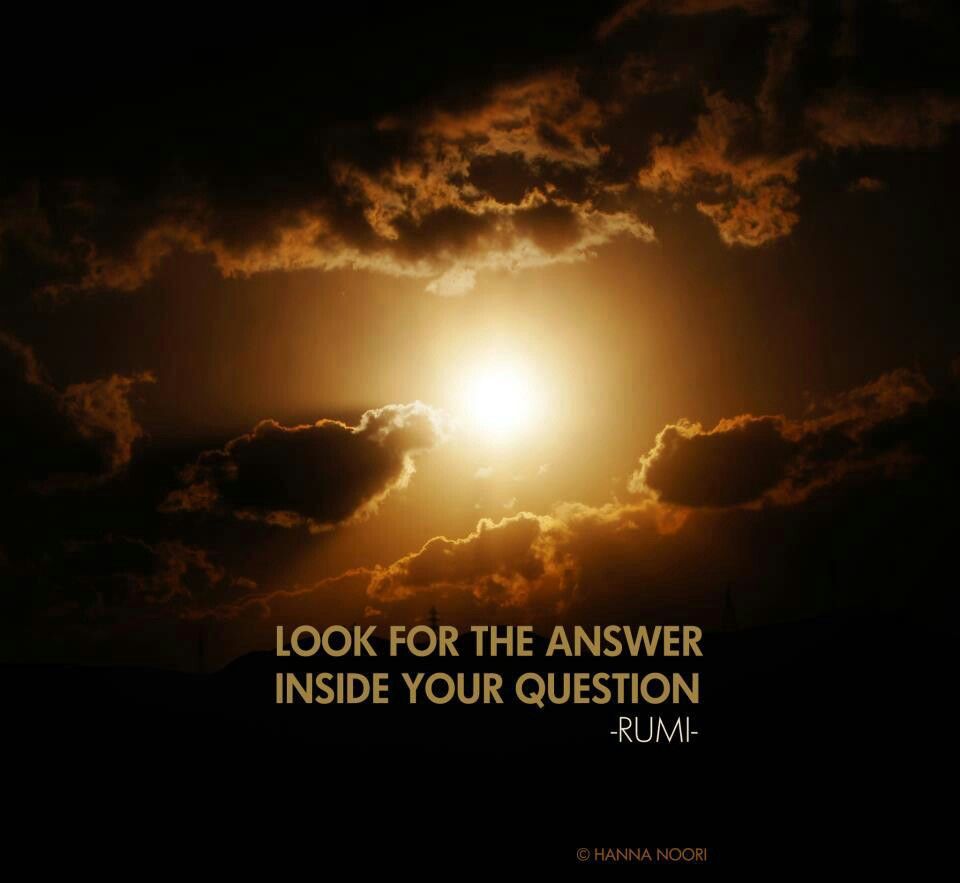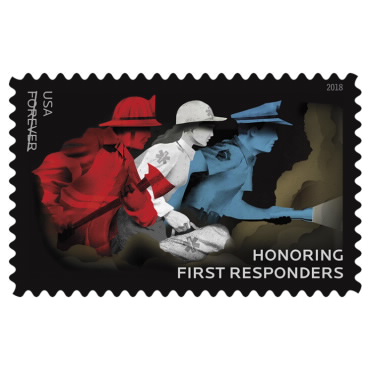Lenten Reflection Day 41 (April 3): UPHOLD (Isaiah 42:1-9).
ONG: The Wynans: Uphold Me: https://youtu.be/xkHfGzAcD6E POEM: Rebecca Hazelton: Vow (excerpt): … When they looked at their options / it seemed there weren’t really that many / after all. They swore to uphold the bonds / and the principles … QUOTE: Anne Frank, The Diary of a Young Girl: People who have a religion should […]


